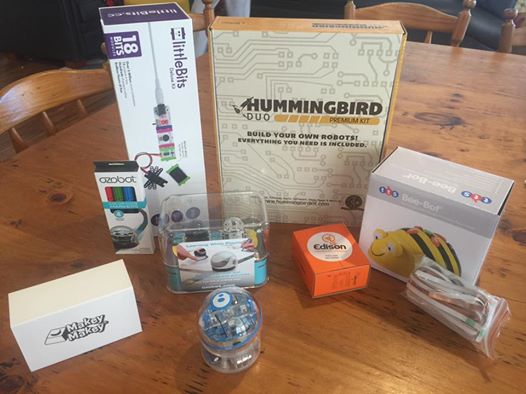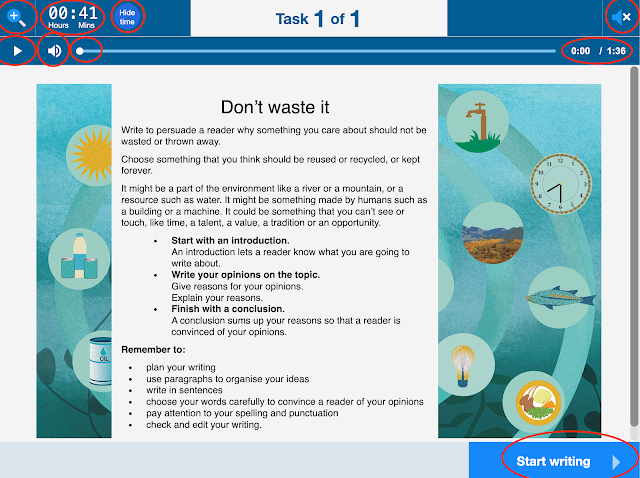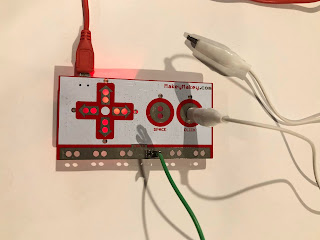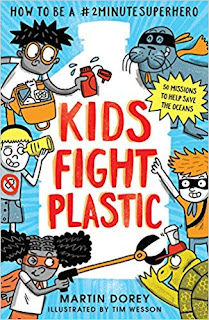How can Teachers learn to code?
Coding the latest buzz word
There is an international movement to teach coding in schools, everyone is talking about coding, the media, schools, not-for-profits, summer camps, women's magazines. The difficulty is the responsibility for integrating coding into the curriculum falls on the teachers who are not all equipped with the skills to teach coding.Why?
Teaching coding skills is not about teaching everyone to be a programmer. It is about digital literacy and ensuring all students understand how technology works. It also teaches a thinking style referred to as "Computational Thinking".Computational Thinking (CT) is the thought processes involved in formulating a problem and expressing its solution(s) in such a way that a computer—human or machine—can effectively carry out. (Jeanette Wing 2-14) (Source)
It was first referred by Seymour Papert in 1980 and then in 1996 and it is an important thinking style for solving complex problems. (Source)
Around the world education systems are now incorporating coding into their curriculum, New Zealand, UK, Macedonia, USA, Australian Curriculum in Australia.
 |
| Coding also includes physical computing like robots and drones. Don't limit yourself to a screen. |
What about Australian states with out the Australian Curriculum?
Some states have decided to released modified versions of the Australian Curriculum and other have given teachers a choice.The Board of Studies (BOSTES) in New South Wales has adopted an alternative syllabus to the Australian curriculum. While it does not have specific out comes to address coding and digital systems yet BOSTES has issued support documents to demonstrate how to teach coding and computational thinking within the context of the NSW syllabus. NSW schools should be investigating how to teach coding and computational thinking to ensure we are not left behind the rest of Australia or the world.
How do teachers learn to code?
To address the new demand for skills in coding and computational thinking the University of Adelaide has established an online course (also called a Massive Open Online Course - MOOC) that teaches the information teachers need to understand computational thinking, how to code and how to link it to classroom activities.There is now a project officer in each state to help roll out professional learning events to assist teachers with signing up and learning more about how to integrate coding into their classroom curriculum without adding more content.
Project Officers can be contacted through Google Plus below to find out about Professional Learning events in your state. They are also the facilitators of the Learning Communities.
New South Wales - Meridith Ebbs
Northern Territory - Sue Carter
Queensland - Lauren Stanhope
South Australia - Ben Jucius and Karen Butler
Tasmania - Peter Lelong
Victoria - Celia Coffa
Western Australia - Steven Payne
ACT - Watch this space
Where do I sign up?
The course is easy to follow and is a combination of videos, text, and social media. Bookmark each these for easy access to your course. Go to the csermoocs.adelaide.edu.au site. The site has a lending library (launching in early 2017), a regular news letter, resources, MOOCS, and more.Course links
F-6 FoundationCourse
F-6 Foundation Community Google Plus
YouTube
@cserAdelaide and #csermoocs
F-6 Extended
Course
F-6 Extended Community Google Plus
YouTube
@cserAdelaide and #csermoocs





Comments
Post a Comment